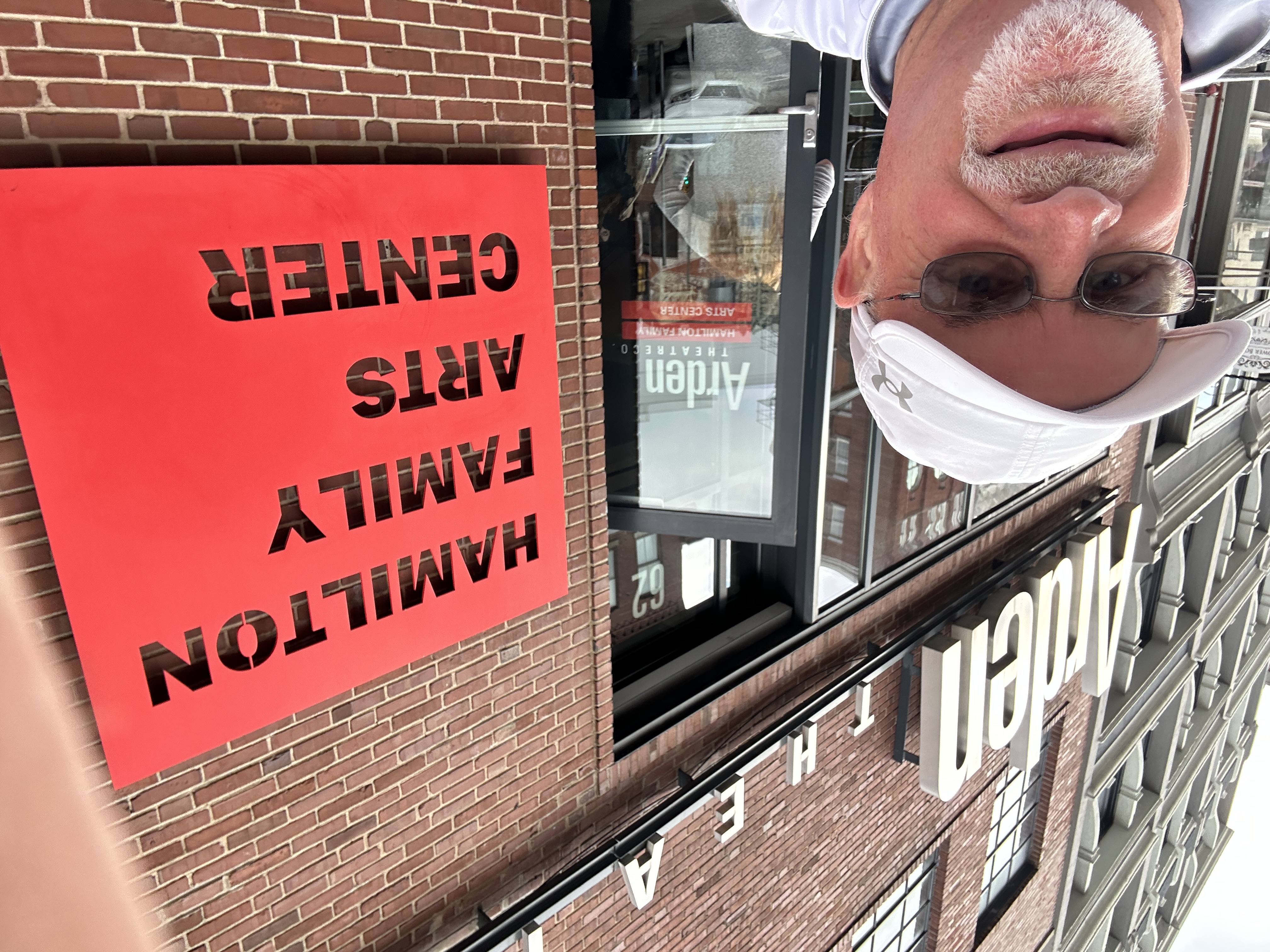
Sitting in the classroom of the Speaker’s Academy my ears perked up when the instructor suggested taking an Improv class to help with your skills as a speaker. Always looking for opportunities for another first, I set out on a search for local improv classes. I found one at the Philly Improv Theater hosted at the Hamilton Family Arts Center in the Arden Theater in Philadelphia. This aging recovering shy person signed up for Improv 101 and took my FIRST Improv class a few weeks ago for an unknown adventure.
Improvisational theater, or improv, has gained popularity not only among speakers, actors and comedians but also as a valuable skill in various walks of life. I’ve come to learn that participating in an improv course offers numerous advantages and provides valuable lessons that extend far beyond the stage. In taking the class with eleven other extremely diverse classmates I found the many benefits and learnings from taking an improv course that I’d like to share:
1. Enhanced Creativity and Quick Thinking. Improv requires me to think on my feet and create content spontaneously. This exercise in creative thinking helps to develop quick wit and the ability to generate ideas rapidly. It’s a fantastic way to boost your imagination and enhance your problem-solving skills. I found myself using and relying on my many past experiences, including a number of my firsts past and planed. In a scene this past week I ended it by improvising that I was at the top of Mt. Kilimanjaro saying … “I can’t believe I made it to the summit of Mt. Kilimanjaro.” Little did my classmates know that I was planning to do just that and was visualizing what hopefully will be a future first later this year.
2. Improved Communication Skills. One of the core principles of improv is active listening. Me and my fellow performers must listen attentively to our fellow actors to respond appropriately. This practice significantly improves verbal and non-verbal communication skills, making it easier to convey ideas and understand others in everyday interactions.
3. Building Confidence. Improv puts you in unpredictable situations, often outside of your comfort zone. This exposure helps in overcoming stage fright, shyness, and the fear of public speaking. The supportive environment of an improv class encourages taking risks and helps build self-confidence. I’m blessed by the chemistry and support of my classmates that has allowed me the freedom to be vulnerable to take chances.
4. Teamwork and Collaboration. Improv is a collaborative art form. You learn to work closely with others, building scenes together and supporting each other’s ideas. This experience is invaluable for enhancing teamwork skills, making it easier to collaborate effectively in professional and personal settings. I found Improv more in tune with who I am personally. It is teamwork oriented as opposed to the singular experience of doing stand-up comedy.
5. Emotional Intelligence. Participating in various scenes and characters helps in understanding and expressing a range of emotions. I felt increased empathy and emotional intelligence, as I became more attuned to the feelings of my classmates and how to respond to them.
6. Stress Relief and Fun. I had a blast and couldn’t wait for the next class. Improv is inherently fun and often involves humorous situations, without trying to be funny. This aspect makes it a great stress reliever. It provided an unknown creative outlet for me to express myself and laugh with others. It’s a form of play that can be incredibly refreshing for an old guy like me. But I was not alone. Every classmate of different age, race, gender, and nationality had the same feeling. I know, because they told me.
7. Flexibility and Adaptability. In improv, plans can change in an instant, and you must adapt quickly. The environment fosters flexibility and adaptability, skills that are highly valuable in a rapidly changing world.
8. Personal Insight and Growth. Through playing different characters and scenarios, improv offered insights into my personality and behavior that I never thought I had. Maybe it was my age? I don’t think so, because I saw the growth in other shy and introverted classmates that took chances. It encourages self-reflection and personal growth, helping you understand your strengths and areas for improvement – just like doing FIRSTS as I did during my Leap Year of Firsts!
9. Networking and Meeting New People. I found that Improv classes attract people from various backgrounds. My class was so diverse. I LOVED the diversity. This diversity provides an excellent opportunity to meet new people from different backgrounds, expand your social circle, and even network professionally. This was the reason some of my classmates joined. A few were from other countries or from different parts of the country and new to Philadelphia. They wanted to get out to meet new people.
10. Improves Mental Agility. Regular practice in improv keeps your mind sharp and agile. It’s a mental workout that improves memory, concentration, and cognitive flexibility. I surprised myself.
Taking this improv course has been a transformative experience – who knew? The benefits are not just for aspiring actors or comedians but for anyone looking to enhance their creativity, communication, teamwork, and personal growth. Whether you’re a professional looking to improve your presentation skills or someone seeking a fun and engaging hobby, improv has something to offer. Improv could be a fun and transformative experience for you. Will you try Improv as a FIRST for you?
